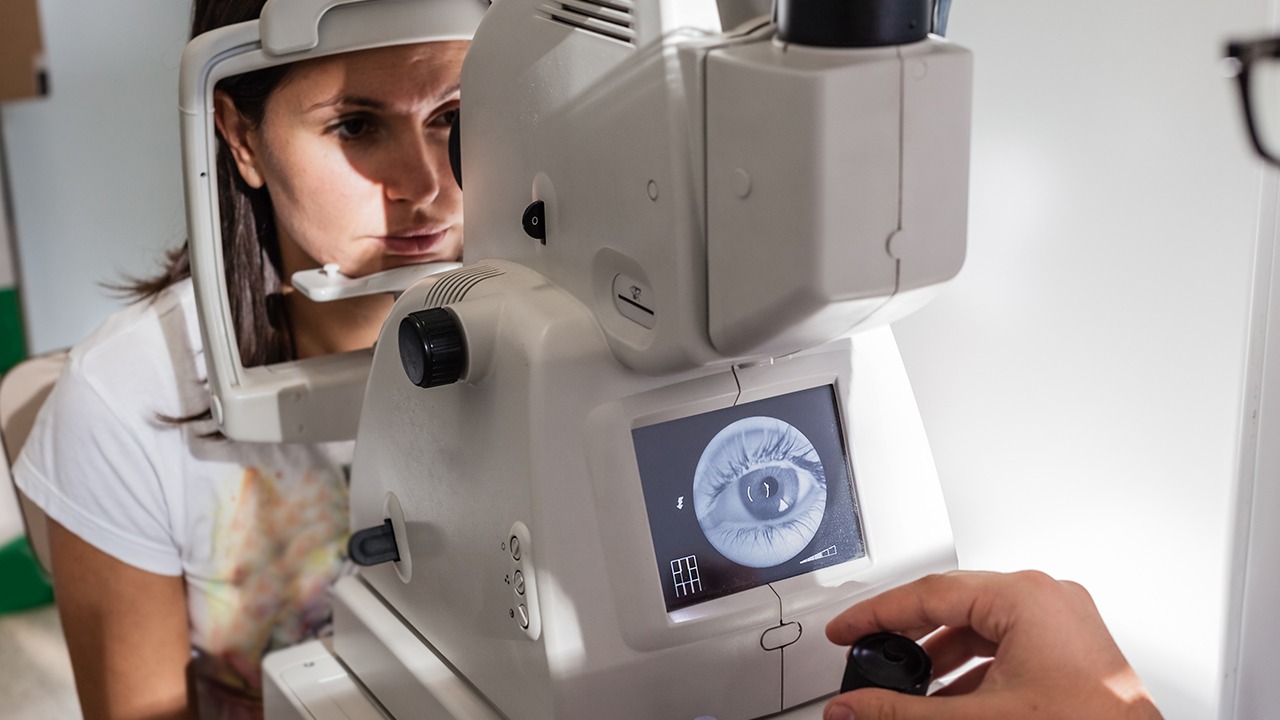What to Do if You Have Nausea and Vomiting in Early Pregnancy and Can't Eat

Nausea and vomiting are common symptoms of early pregnancy, affecting up to 80% of women. While these symptoms can be unpleasant, they are usually not a cause for concern. However, if you are unable to eat or keep food down, you may need to seek medical attention.
Causes of Nausea and Vomiting in Early Pregnancy
The exact cause of nausea and vomiting in early pregnancy is unknown, but several factors are thought to contribute, including:
Hormonal changes: The rise in pregnancy hormones, particularly human chorionic gonadotropin (hCG), is thought to trigger nausea and vomiting.
Increased sensitivity to smells: Many women report being more sensitive to smells during early pregnancy, which can trigger nausea.
Changes in metabolism: Pregnancy can cause changes in your metabolism, which can lead to nausea and vomiting.
Stress: Stress can also contribute to nausea and vomiting in early pregnancy.
What to Do if You Can't Eat
If you are unable to eat or keep food down, you should seek medical attention. Dehydration and malnutrition can be serious complications of nausea and vomiting in early pregnancy.
Treatment for nausea and vomiting in early pregnancy may include:
Medication: There are several medications that can be used to treat nausea and vomiting in early pregnancy, including:
Over-the-counter medications, such as ginger, peppermint, and vitamin B6
Prescription medications, such as antiemetics and corticosteroids
Dietary changes: Eating small, frequent meals instead of large meals can help reduce nausea. Avoiding foods that trigger your nausea can also be helpful.
Other remedies: Other remedies that may help reduce nausea and vomiting in early pregnancy include:
Acupuncture
Acupressure
Aromatherapy
Yoga
Relaxation techniques
When to Seek Medical Attention
You should seek medical attention if you are unable to eat or keep food down for more than 24 hours. You should also seek medical attention if you have any of the following symptoms:
Severe nausea and vomiting: This can lead to dehydration and malnutrition.
Fever: This can be a sign of infection.
Abdominal pain: This can be a sign of a more serious medical condition, such as ectopic pregnancy.
Vaginal bleeding: This can be a sign of miscarriage.
Preventing Nausea and Vomiting in Early Pregnancy
There is no surefire way to prevent nausea and vomiting in early pregnancy, but there are some things you can do to reduce your risk, including:
Eat small, frequent meals: Eating large meals can make nausea worse. Instead, try eating small, frequent meals throughout the day.
Avoid foods that trigger your nausea: Pay attention to what foods seem to trigger your nausea and avoid them.
Get enough rest: When you are tired, you are more likely to experience nausea.
Manage stress: Stress can also contribute to nausea. Try to find ways to manage stress, such as exercise, yoga, or meditation.
Outlook
Nausea and vomiting in early pregnancy is a common condition that usually resolves by the second trimester. However, if you are unable to eat or keep food down, you should seek medical attention.
The above is all the content that the editor wants to share with you. I sincerely hope that these contents can bring some help to your life and health, and I also wish that your life will be happier and happier.
Tags: #you #have #nausea















